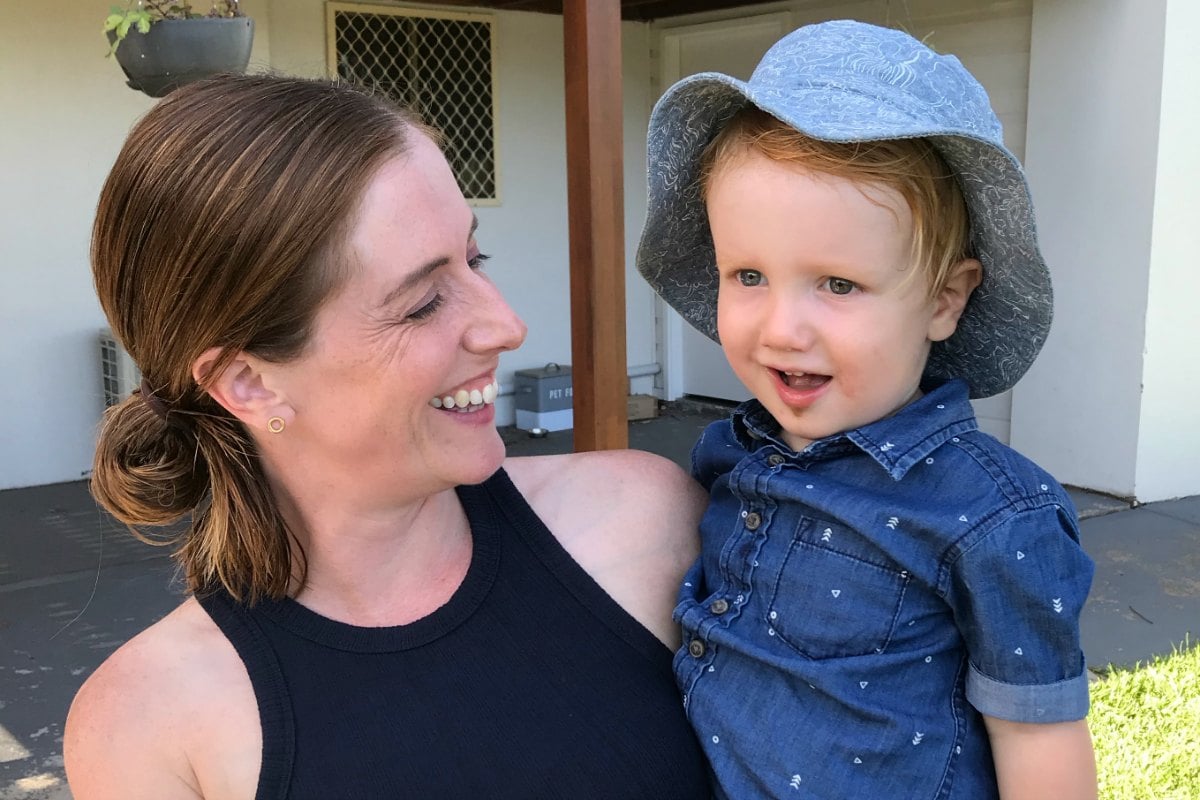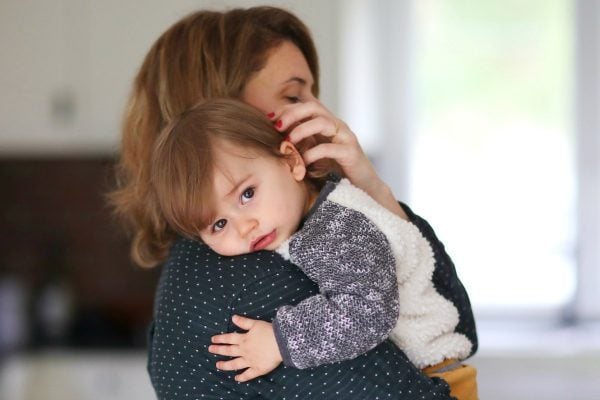
Before having my two boys Toby, aged eight and Leo, aged two, I thought sleep deprivation was related only to the newborn baby stage.
In those early baby days with Leo, I prioritised caring for him and his big brother Toby. I wasn’t working out of the home or worrying about exercise and having a social life. It was challenging but my expectations were low. I napped when I could, and if I had a shower, a walk and a coffee; I considered this a very good day.
Leo is no longer a helpless little baby, but he continues to wake at least once most nights. The difficulty now is that I am back at work and life is ‘back to normal’.
Parents of toddlers translated… here’s what they really mean.
Toby has homework to do and the dinner needs cooking. There are the daily drop-offs at school, pick-ups from day-care or after school activities. There are weekend social events and exercise classes or date nights. I am mostly a happy, functional human, but I am also constantly knackered.
Natalie Ebrill, a registered child and family health nurse with over twenty years of experience, is also an infant sleep ‘detective’. She founded her child sleep consultancy business, Sleep and Settle to help tired families understand and solve sleep issues with practical solutions. She is also a busy mum of three daughters.
I was eager to talk to Natalie about the many contributory factors that she believes explain why toddlers might sleep poorly.

